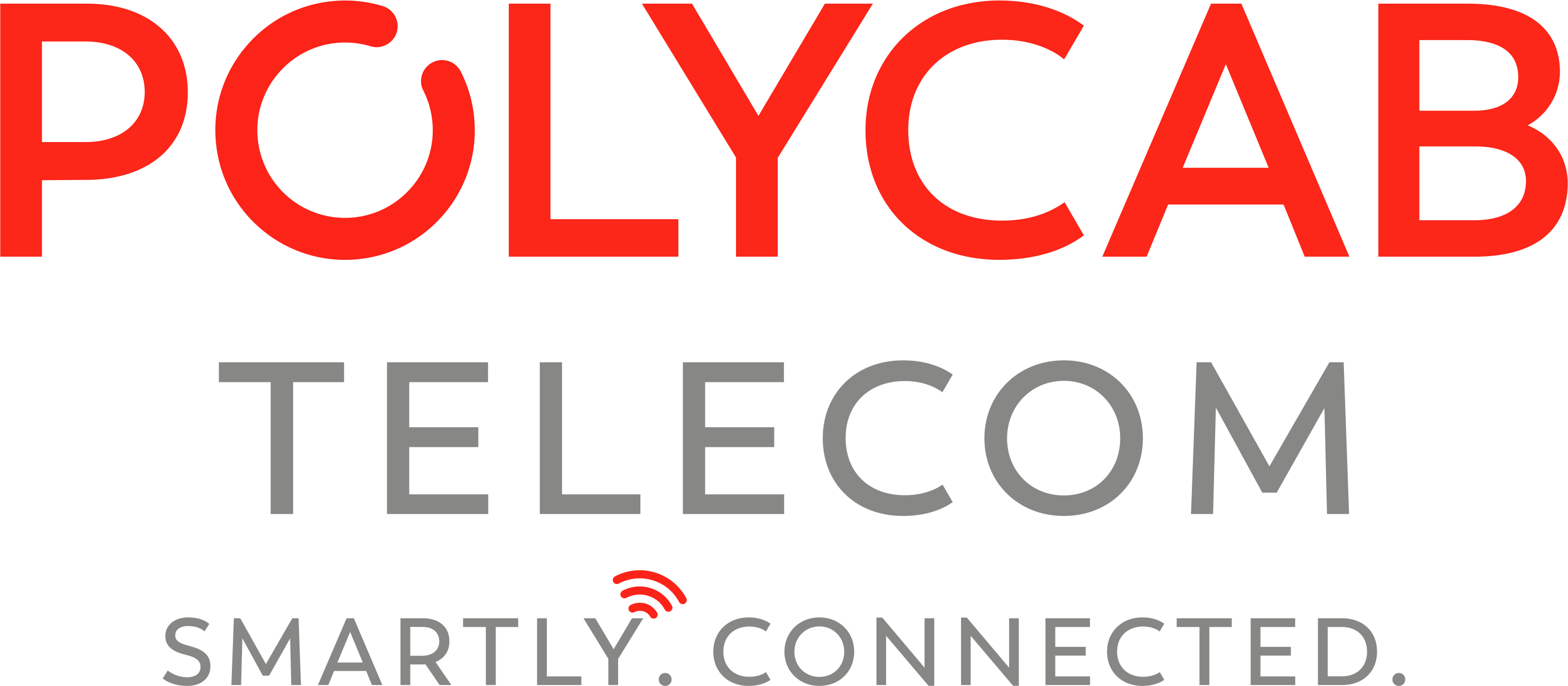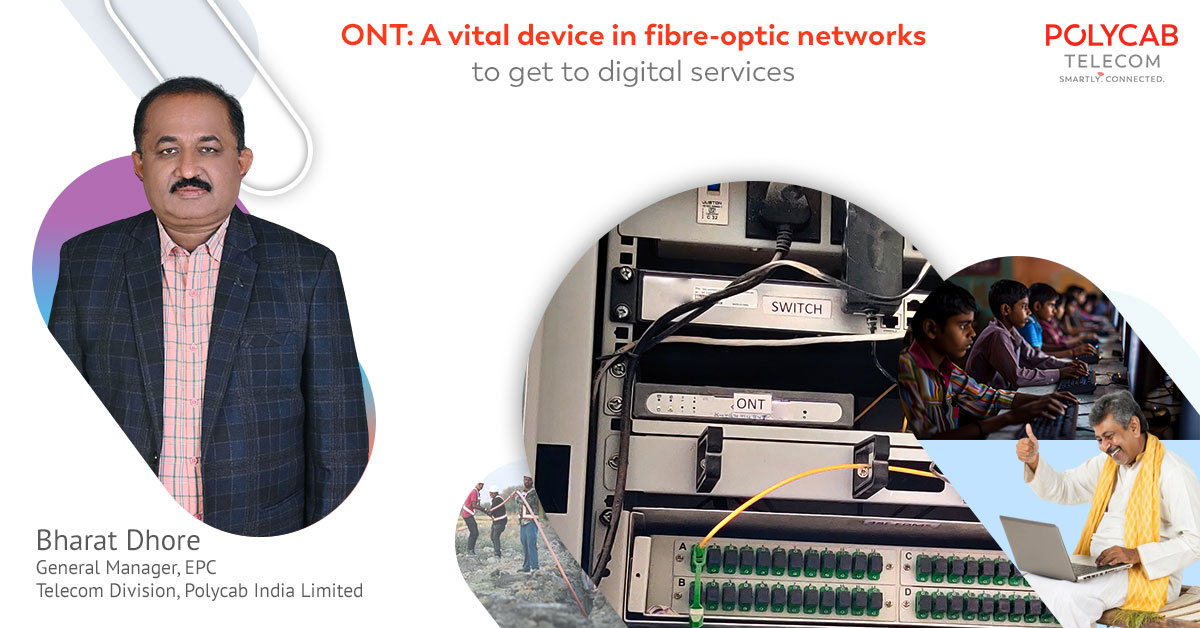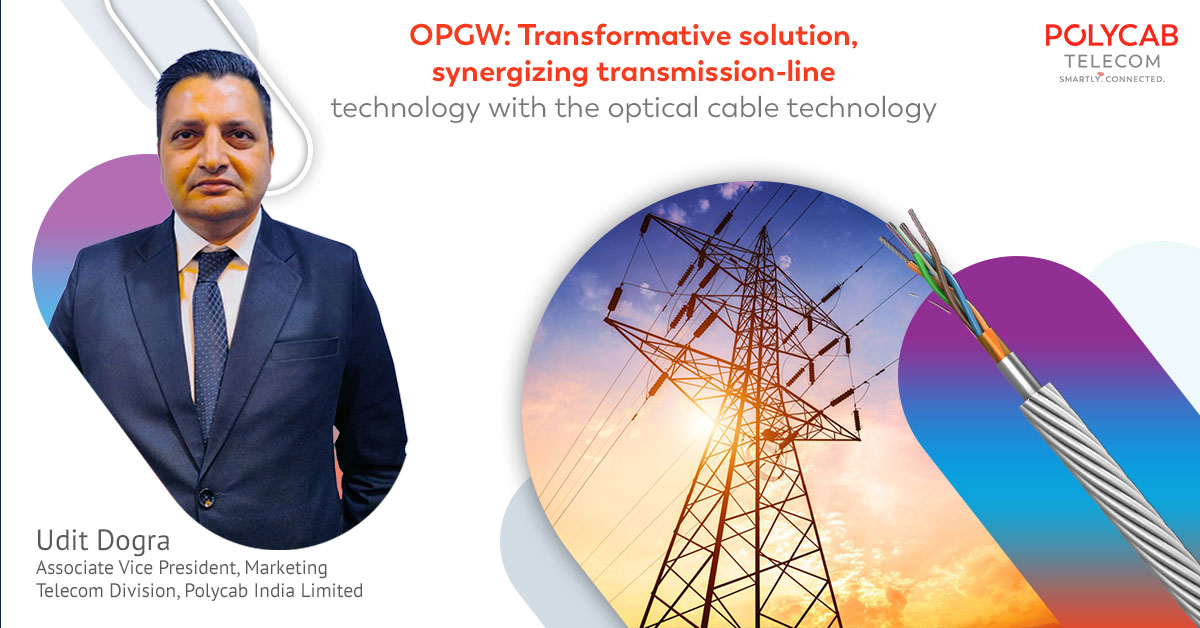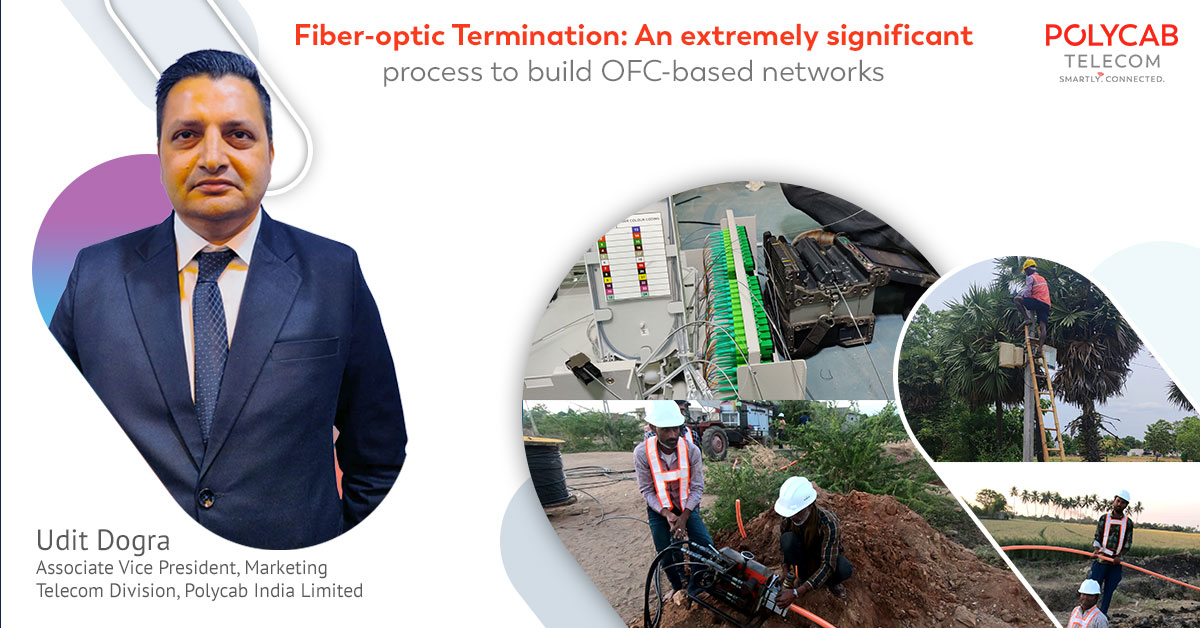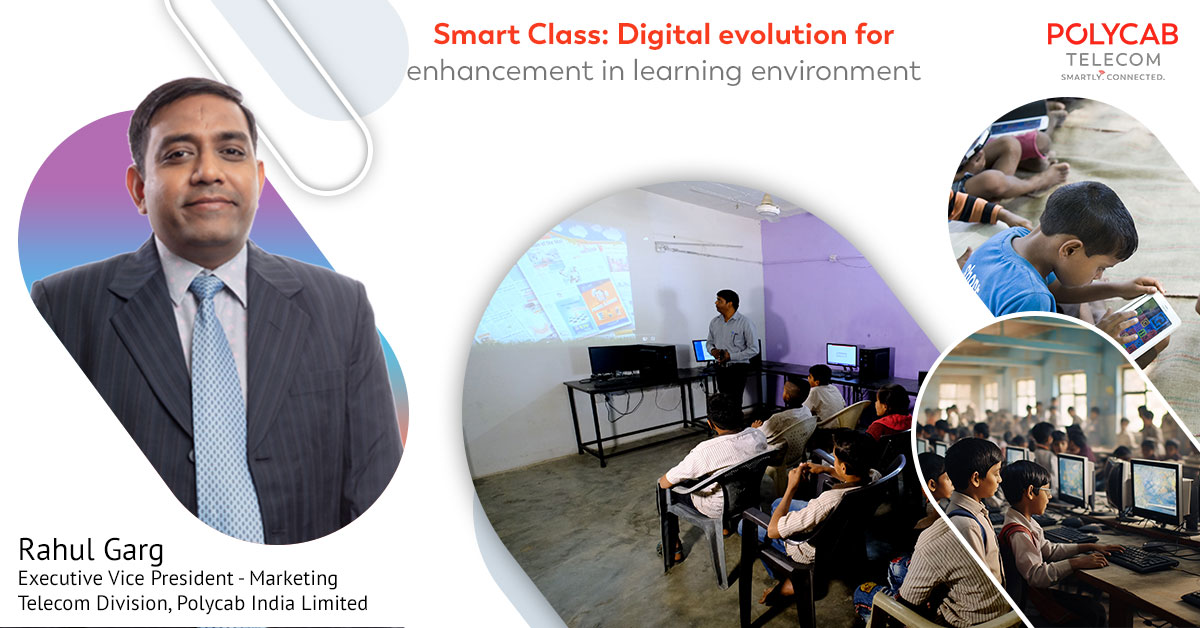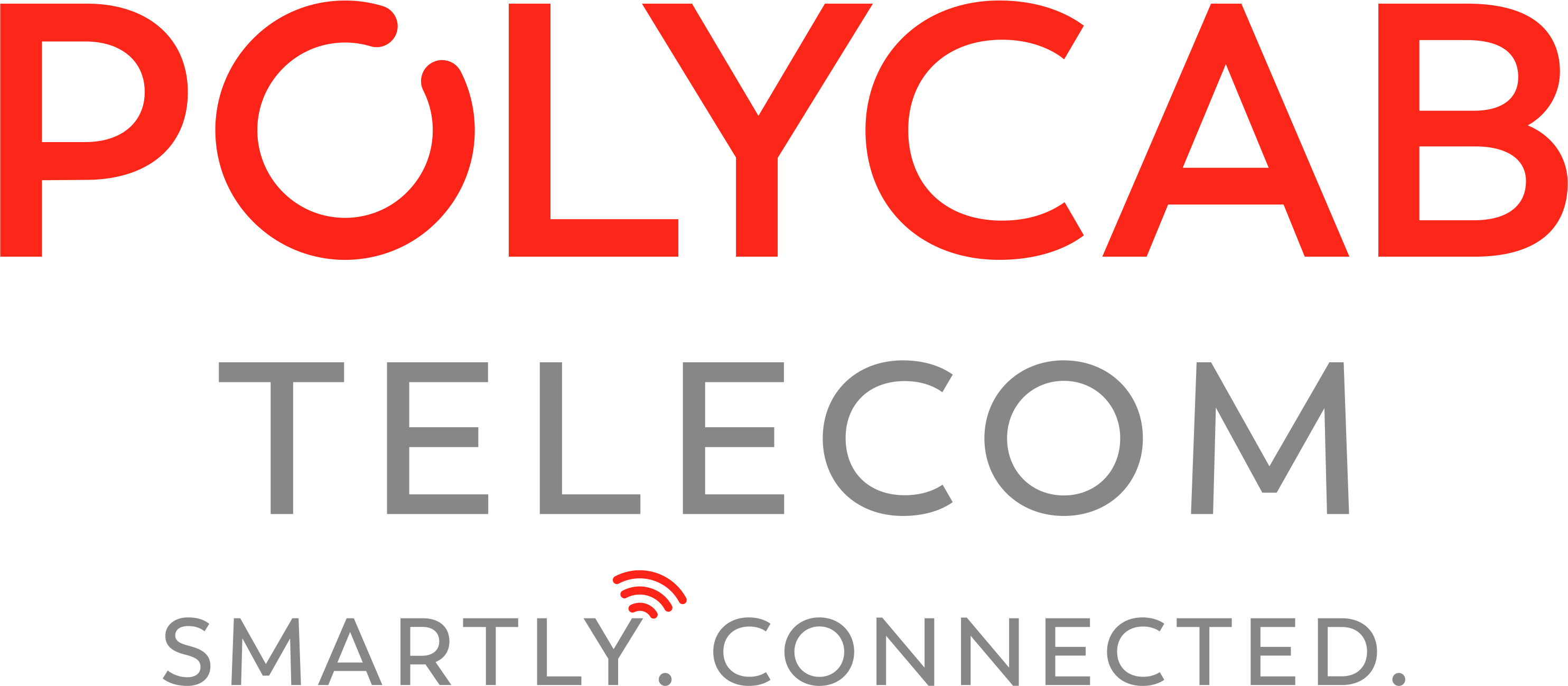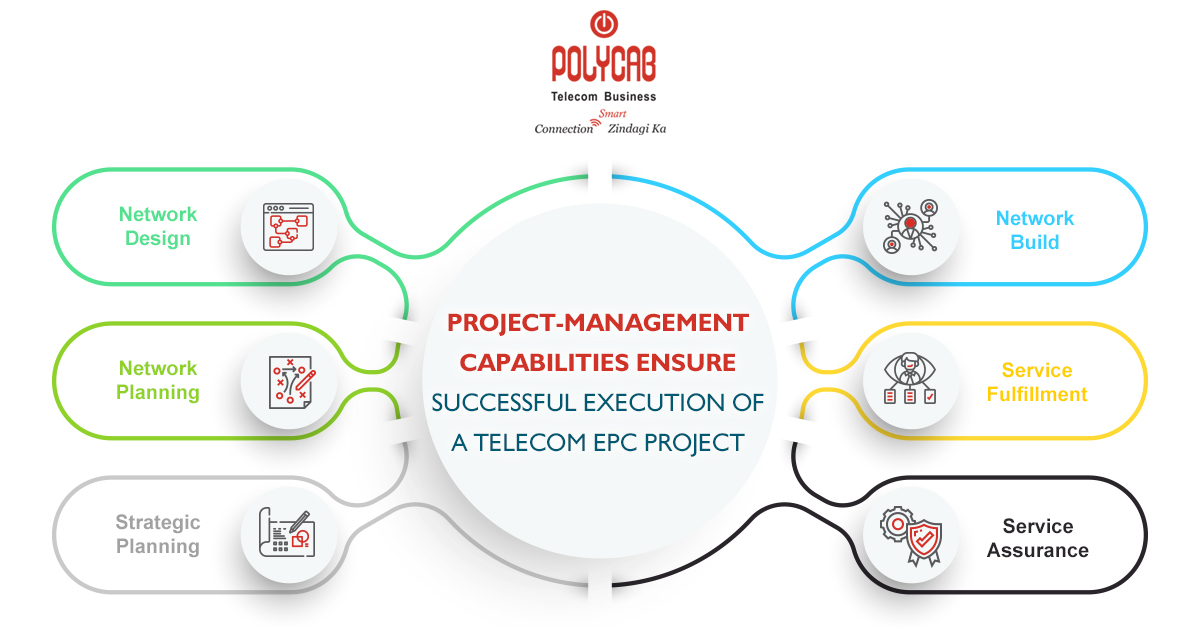Digital infrastructure has emerged as an impactful facilitator all around the world to enhance social and economic outcomes. We’ve started to experience a more fulfilling life, with the advent of quick and uninterrupted flow of digital data in our living and working. Simultaneously, digital disruptions are galvanizing the customer-experience, bringing both intricacies and opportunities for the telecom-industry. The demand for world-class digital infrastructure-deployments from the government and enterprise-clients has seen a sudden and significant increase to support our increasingly connected societies. While 5G is well and truly expected to be a crucial jump in the global evolution of technology, its seamless adoption is imperative. Transitioning to the newer digital level requires internet-speeds to increase, coverage to expand and dependability to improve. Notwithstanding a rising demand for fibre-based networks, telecom-companies are grappling with imprecise and infeasible designs and poor project-control. Potential risks include lower than expected output, erratic ROI, major cost and schedule overruns, aggravated with regulatory pressures and shareholders’ expectations. Operational agility is the core of a digital-infra or Telecom EPC-project. Digital explosion has necessitated more elasticity and flexibility across networks. All-in-all, successful completion of a digital-infra or Telecom EPC-project can only be achieved with new ways of operational agility, cost-efficiency and project-management capabilities.
Polycab Telecom, as a consortium-partner with GTPL,has successfully demonstrated its project and technology-leadership and lean operation-insights to complete EPC-projects in the stipulated time-frame, by executing end-to-end network roll-out with speed and accuracy in the BharatNet Phase-II project in Gujarat and Bihar.
